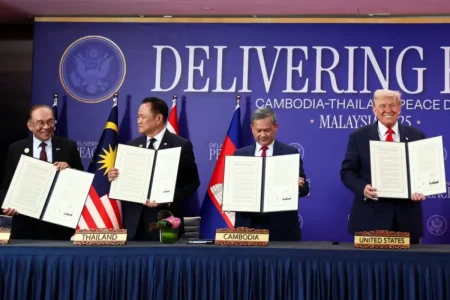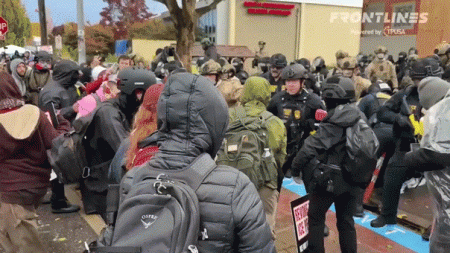Harris’s Social Media Criticism Viewed as Trivializing Islamophobia
According to Zohran Mamdani, Vice President Kamala Harris’s criticism of social media platforms represents more than just political commentary. Mamdani characterized her remarks as part of a troubling pattern of “cheap jokes about Islamophobia,” suggesting that Harris’s approach trivializes the serious discrimination and prejudice faced by Muslim Americans. This perspective highlights concerns within Muslim communities that high-ranking officials may not be treating anti-Muslim sentiment with appropriate gravity.
The criticism comes amid increased scrutiny of how political leaders address religious and racial prejudice in their public communications. Mamdani’s observation implies that Harris’s commentary on social media platforms may have inadvertently diminished the significance of Islamophobia by framing it in a casual or dismissive manner. This raises questions about sensitivity and awareness among political figures regarding issues that deeply affect minority communities across America.
For Muslim Americans who regularly face discrimination, seeing potential trivializing of Islamophobia from someone in Harris’s position could reinforce perceptions that their experiences aren’t fully understood or respected by the administration. The characterization of her comments as “cheap jokes” suggests a perceived lack of substantive engagement with the real consequences of anti-Muslim sentiment, which has seen troubling increases in recent years according to civil rights monitoring organizations.
This critique reflects broader tensions between political messaging strategies and authentic representation of minority concerns. While politicians often use humor or casual language to connect with voters, such approaches can backfire when addressing sensitive topics like religious discrimination. Mamdani’s comments highlight the fine line public officials must walk when discussing issues that impact vulnerable communities, particularly in contexts where those communities feel their experiences are already marginalized in public discourse.
The reaction to Harris’s social media commentary demonstrates how closely Muslim Americans and their allies are monitoring political rhetoric for signs of genuine allyship versus performative gestures. In an environment where Islamophobia remains a persistent challenge, community leaders like Mamdani appear to be calling for more thoughtful, substantive engagement rather than remarks that could be interpreted as minimizing the severity of anti-Muslim discrimination.
As the political landscape continues to evolve, this exchange underscores the importance of nuanced, respectful dialogue around religious discrimination and the responsibilities of leadership in addressing prejudice. Mamdani’s critique serves as a reminder that even well-intentioned comments can miss their mark when they fail to acknowledge the lived experiences of those facing discrimination, suggesting that deeper engagement with affected communities might help bridge these communication gaps.











